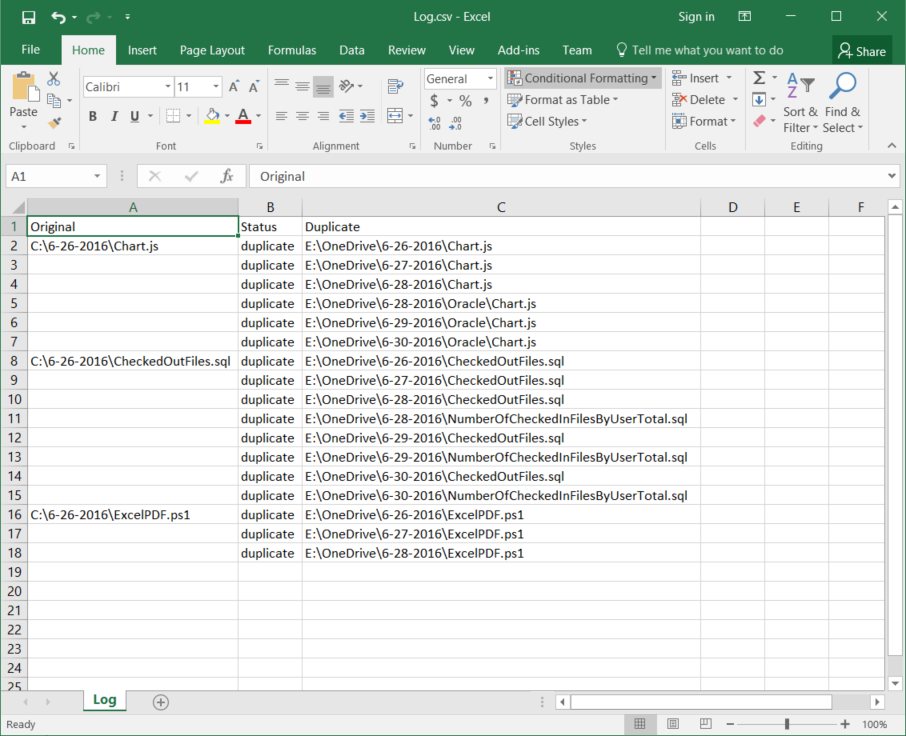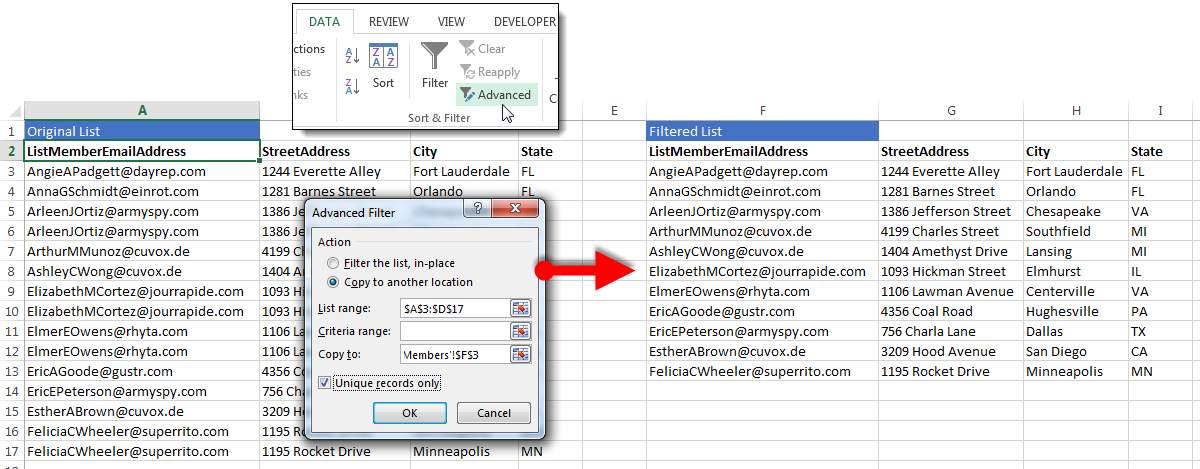

I am wondering what could account for the slightly different SHA256 results when run on the identical set of files. And that number is the same each time I run it, but I realize that checking for NSD is very different for checksums. Most of these numbers I've seen more than once.Īll the numbers are plausible: When I run a comparison on the basis of Name, Size, and Date, the results are in the same ball park, 19621, as expected.

When I run SHA256 against the folder, I am getting a slightly different dupe count each time: 19668, 19204 19671, 19675, 19669, 19673. I am using TreeSize to check for dupes, using a SHA256 checksum, which I am running on the top level folder. Each set (with its own folder structure) is now in its own subfolder, and these are all under a single top level pool folder. These 20,000 files were pooled to an SSD from multiple backup or archive sets located on different hard drives. I'm using a Surface Pro 6 i7 with Windows 10 Pro and 8 Gb RAM. The majority of files are small, in the 5 Mb to 50 Mb range, but several hundred of them are between. I know that roughly 80%-90% of the files will have dupes. Some dupes will have identical names, others will not. I am trying to find duplicate audio files in a folder structure that contains a little over 20,000 files.


 0 kommentar(er)
0 kommentar(er)
